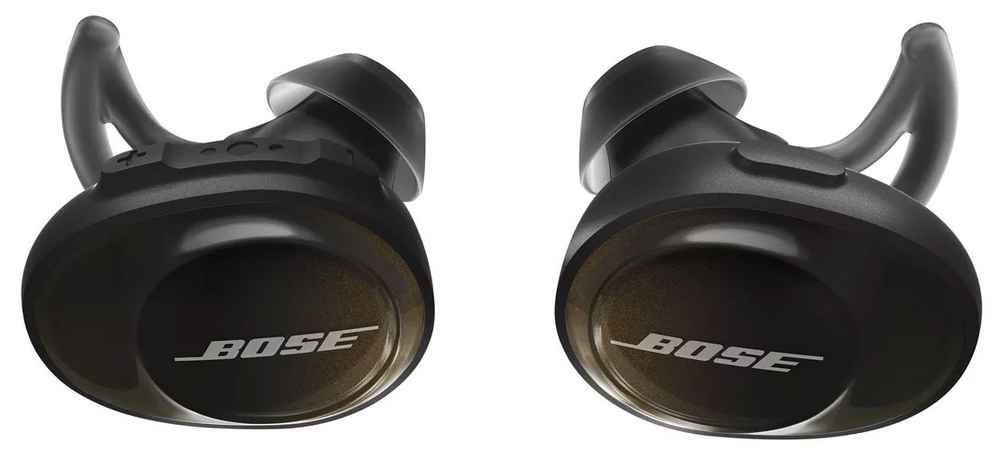Americans will soon be able to avoid the hassle and expense of getting hearing aids from licensed dealers.
Though more than 48 million people in the United States suffer from some degree of hearing loss, only about one-fifth of them have hearing aids – partly because of the complicated and costly process involved in obtaining the devices.
WebMD reported that a new hearing aid, which the federal Food and Drug Administration recently approved for sale, may be purchased over-the-counter and does not have to be fitted in the ear by an expert.
The wireless product, manufactured by Bose, is intended for those with mild to moderate hearing loss. It “provides certain patients … direct control over the fit and functionality of the device,” according to Dr. Malvina Eydelman of the FDA Center for Devices and Radiological Health.
The hearing aid is an “air-conduction” device, meaning it has microphones that detect sounds that are amplified and transmitted through an earphone implanted in the ear canal. A phone app enables people to adjust the settings on their own.
“We look forward to bringing affordable, accessible and great-sounding solutions to the millions of people who could benefit from hearing aids, but don’t use them,” Bose declared in a written statement.
Though some states still require all hearing aids to be purchased from professionals, the laws are changing. Soon, it may be possible for all Americans to take charge of their hearing needs. Federal officials are revising their regulations governing over-the-counter hearing aids, as mandated by the FDA Reauthorization Act of 2017.
The agency explained that it approved the Bose device after analyzing studies that involved 125 people who used the product. The patients enjoyed the same results from the self-fitting hearing aid as they did from professionally implanted devices.
WebMD noted that hearing loss, the third-leading health problem in the United States, can cheat people out of life experiences. It also may harm relationships and even become a safety hazard.
While many factors may contribute to hearing loss, experts believe the biggest indicators are age, disease and heredity. In addition, some medications contain ingredients that impair ear function.
Another common cause is exposure to loud sounds, especially over long periods. The U.S. Centers for Disease Control and Prevention estimates that 22 million Americans are subjected to dangerously high noise levels in the workplace. Carpenters, construction workers, soldiers, miners, factory workers and farmers are particularly at risk, according to the agency.
One-third of Americans between 65 and 74 years of age, and half of those older than that, struggle with a loss of hearing. This could be partly due to the gradual, long-term breakdown of inner-ear tissues.
Hearing aids, small battery-powered units that rest inside or behind the ear, turn up the volume of sounds that people with hearing loss have difficulty detecting. The devices consist of a microphone, amplifier and receiver.
Hearing aids are not effective for everyone. Patients who benefit the most are those with damage to the inner ear or the nerve than connects the ear with the brain.


